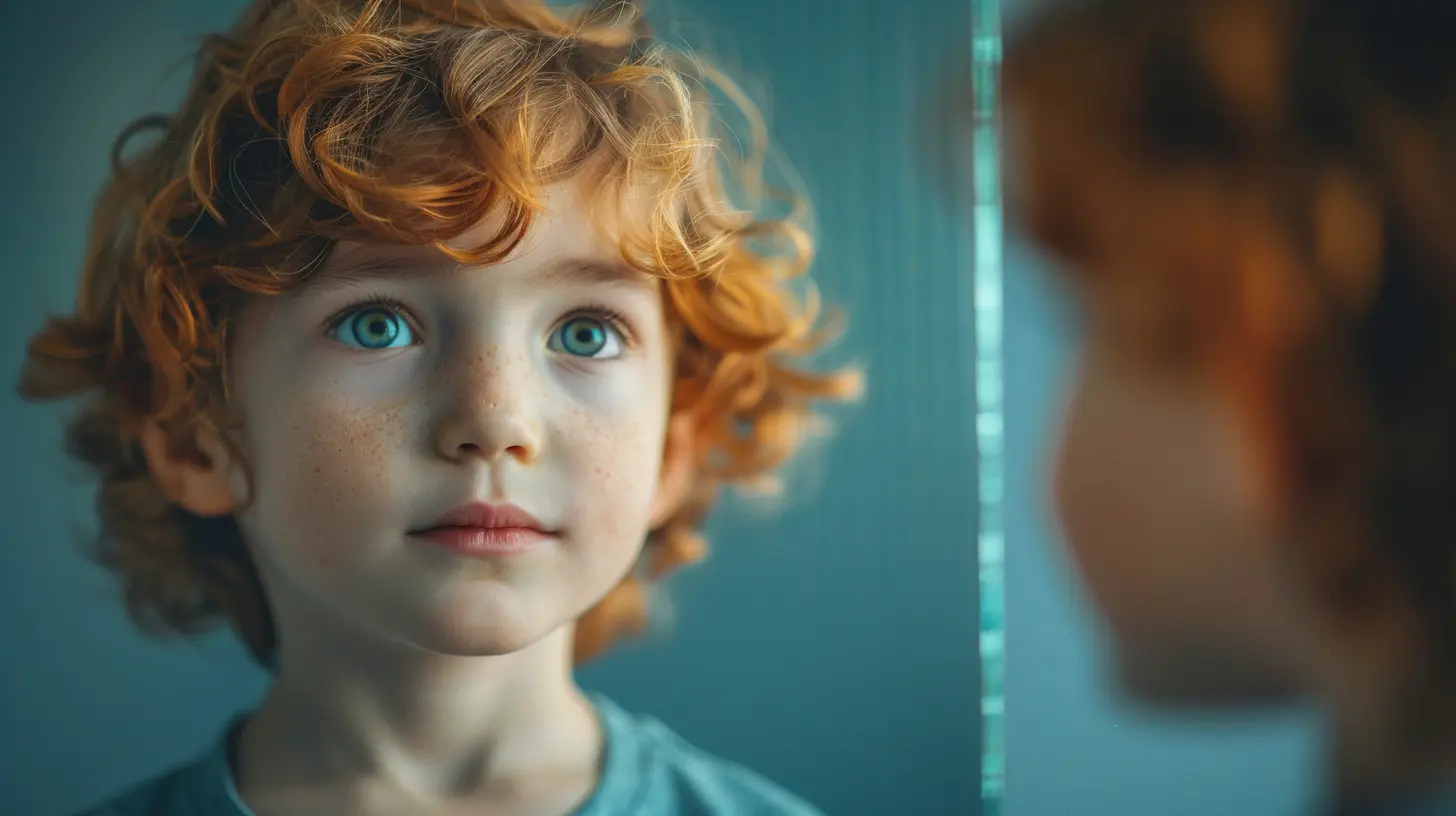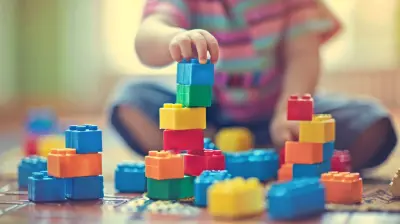24 March 2025
Have you ever watched your kid spend an eternity drawing a picture, only to crumple it up seconds before showing you because "it’s not good enough"? Or maybe they hesitate to try new things, fearing they won’t be perfect on the first attempt? If so, congratulations—you may have a tiny perfectionist on your hands.
Now, don’t panic. Perfectionism isn’t all bad. Wanting to do well and achieve great things? Awesome. But when fear of failure stops kids from even trying? That’s where we have a problem. So, how do we, as parents, help our kids shake off perfectionism and grow into confident, self-assured humans? Let’s dig in. 
The Pressure to Be Perfect: Where Does It Come From?
Before we start fixing things, let’s play detective. Where do kids pick up this must-be-perfect mindset? Spoiler alert: it’s not just from us, their loving (and sometimes overachieving) parents.1. Parental Expectations (Yep, That’s Us!)
Even if we don’t say it outright, kids can sense when we expect them to excel. Whether it’s academics, sports, or even handwriting (why does second-grade cursive feel like an Olympic event?), they notice when we subtly push for perfection.2. School and Society
Schools reward perfect scores, neat handwriting, and flawless projects. Social media, TV, and even well-meaning teachers can reinforce the idea that mistakes equal failure.3. Their Own Personality
Some kids are naturally hard on themselves. Type-A toddlers exist, and they’ll redo their Lego tower 50 times before they're satisfied. It’s both impressive and exhausting to watch.
The Danger of Perfectionism
Perfectionism isn’t just about being really good at things. It can mess with kids in deeper ways:- Fear of Failure: When kids think mistakes are unacceptable, they avoid trying new things.
- Low Self-Esteem: If they can’t reach perfection, they feel like they’re never good enough.
- Anxiety and Stress: The pressure can turn into frustration, tears, and even sleepless nights.
We want our kids to aim high—but also to be okay with falling flat on their faces once in a while (metaphorically, of course. Well... and sometimes literally). 
How to Help Your Child Ditch Perfectionism
1. Embrace the Power of "Good Enough"
No, this isn’t about lowering the bar. It’s about teaching kids that done is better than perfect. Finished their homework but the handwriting isn’t magazine-worthy? That’s okay! Built a lopsided science project? Still A+ effort!When we praise effort over results, kids realize that mistakes aren’t the end of the world.
2. Share Your Own Failures (Yes, Really)
Let’s be honest. When’s the last time you parallel parked without having to back up at least once? Exactly. Kids need to see that adults mess up too—and life still goes on.Tell them about the time you burned dinner. Or when you typo-ed an important email. Make failing normal, even funny. Bonus points if they laugh at you (with love, of course).
3. Encourage a "Growth Mindset"
Instead of saying, "You’re so smart!" try, "You worked really hard on that!" This shifts the focus from being naturally perfect to improving through effort.Even better? Teach them to turn "I can’t do this!" into "I can’t do this... yet." That little word changes everything.
4. Help Them Befriend Mistakes
Make mistakes a family tradition. Have a "Mess-Up Moment of the Day" where everyone shares a goof-up without shame. Kids need to see that failure isn’t a villain—it’s just part of learning.Pro tip: Keep a "Mistake Jar." Every time someone makes a mistake, they add a funny note about it. Nothing like collecting bloopers to show that nobody is perfect (not even Mom and Dad).
5. Limit the Comparison Game
Social media makes it way too easy for kids to compare themselves to others. If your child is obsessed with being the best, remind them that someone else’s highlight reel is not real life.Encourage them to focus on their progress rather than beating someone else. After all, there’s always going to be someone better at something—so why stress over it?
6. Give Them Safe Spaces to Be Imperfect
Create zones in your home where mistakes are celebrated. Maybe it’s a messy arts and crafts corner, where the only rule is there are no rules. Or a "Silly Story Night" where grammar and logic take a backseat to creativity.The more they practice imperfection without consequence, the less scary it feels.
7. Help Them Prioritize What Actually Matters
Perfectionists sometimes waste hours on things that honestly don’t need that much effort (like rewriting notes in five different colors). Teach them how to tell the difference between:- What’s worth their time? (Studying for a test)
- What’s okay to do "good enough"? (Folding laundry)
- What doesn’t need stress at all? (Drawing for fun)
This helps them reserve their energy for the big things and learn to let go of the small stuff.
8. Remind Them That Nobody Is Perfect
If they start spiraling into "But I need to be the best at everything!", hit them with this truth bomb:Even Olympic athletes fall. Even bestselling authors get bad reviews. Even Beyoncé has off-days (probably).
Perfection is an illusion. The real win? Having confidence in yourself, mistakes and all. 
What Happens When Kids Outgrow Perfectionism?
Imagine your child years from now—taking on challenges with confidence, trying new things without fear, and laughing at their own mistakes. Sounds pretty great, right?When kids embrace imperfection, they unlock doors to creativity, resilience, and happiness. They stop avoiding hard things and start believing in themselves—flaws and all. And isn’t that the kind of kid we all want to raise?
So, let’s ditch perfection and start celebrating the beautiful, messy, "good-enough" life. Who’s with me?





Harley Gilbert
Parenting is like trying to fold a fitted sheet—no one really knows how to do it perfectly! Embracing our messiness teaches our kids that it’s okay to stumble. Let's raise little champions who can navigate life’s sock drawers with confidence, even if they don’t match!
April 3, 2025 at 3:28 AM